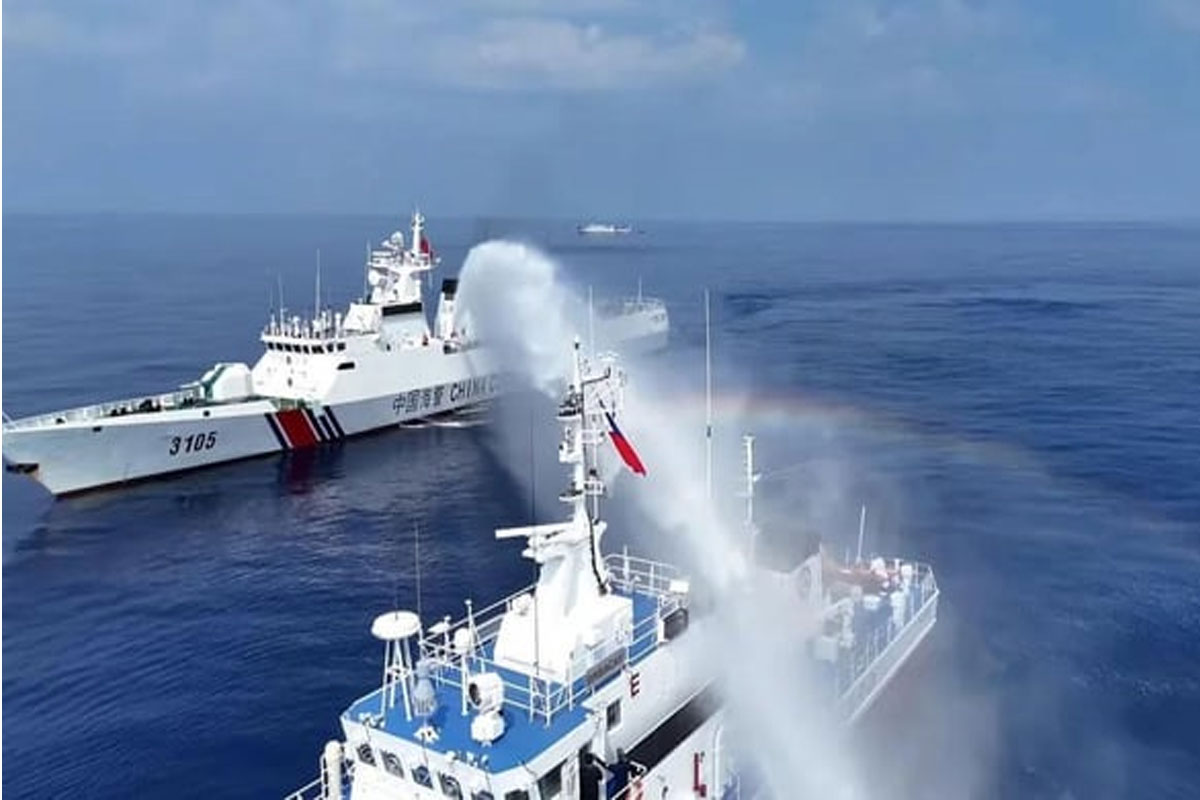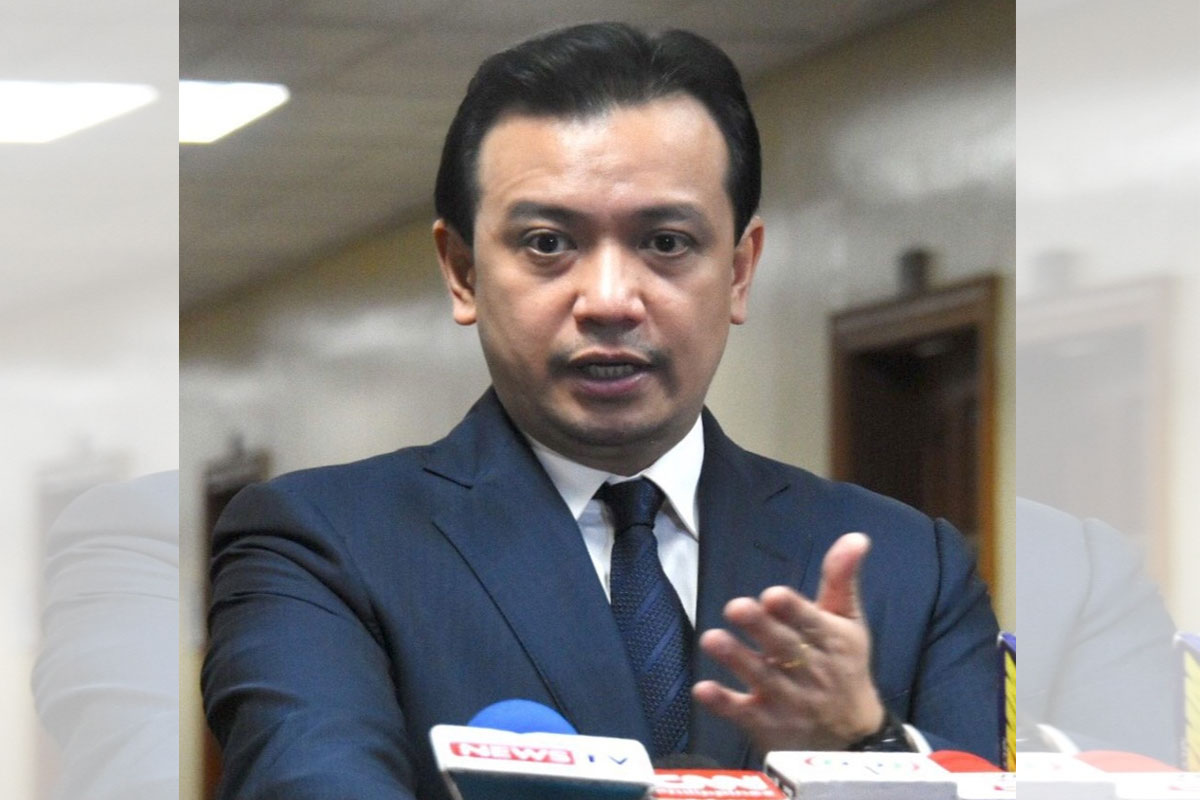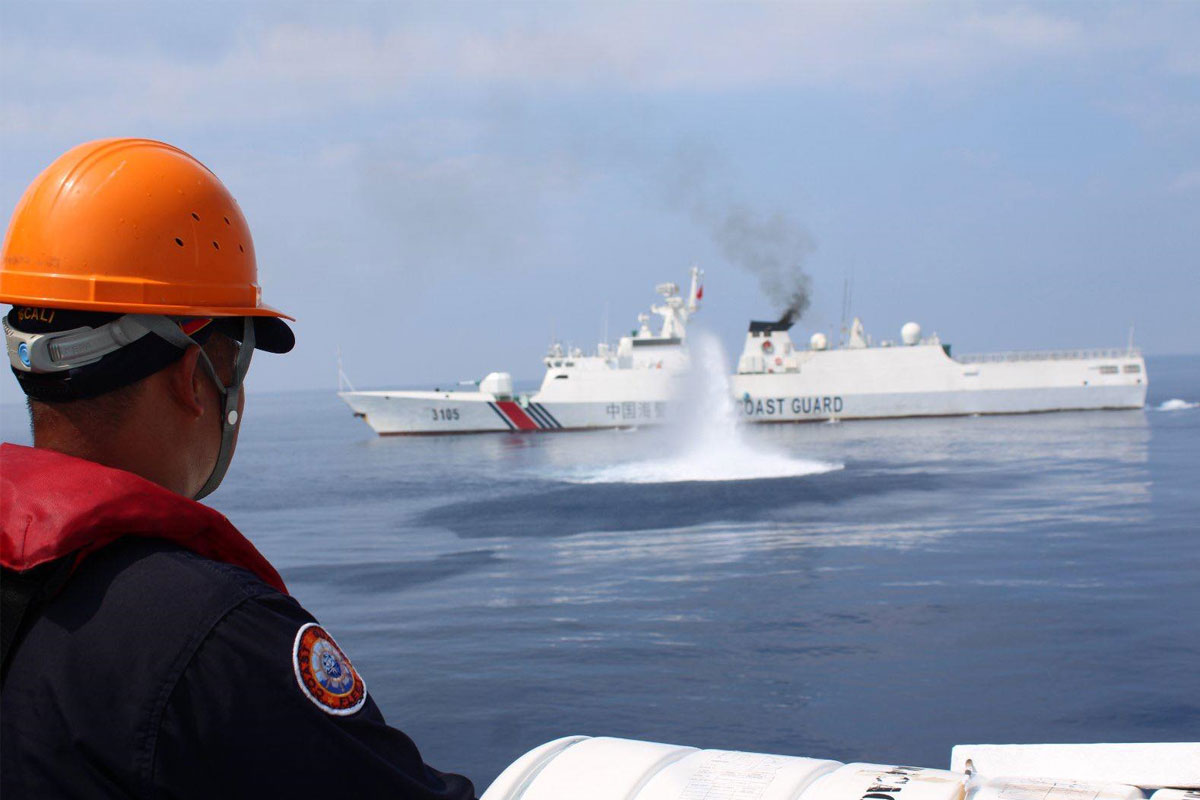
PBBM sets road for lasting peace in Basilan
I THINK it was in 2005 when I got my first glimpse of Basilan, Mindanao during an inspection of a government housing site.
From Zamboanga, a media coverage team that included me was airlifted by a Huey helicopter of the Armed Forces of the Philippines to join former vice president and housing czar Noli De Castro in the important event.
The chopper was approaching the island when it took a few sniper shots from the ground, prompting the gunner to cock the mounted M60 machine gun. “Are you going to fire back?” I asked the gunner. “Nope, the enemies (muslim rebels) are just practicing to shoot helicopters,” he replied. “Sayang lang bala natin,” he added.
Minutes later, we landed at an open field of a public school in one of the towns of Basilan where hundreds of military troops in 6×6 trucks backed up by a couple of armored personnel carriers were preparing to take us to the venue, a mountainous area in another town.
Despite the possibility of an ambush during the journey, my photographer and I hopped into one of the military trucks full of young soldiers before the convoy started to move. Almost all of the soldiers in their teens or early 20s sported red eyes.
According to tales, eyes usually turn red when all they see are fighting and blood.
At any rate, we reached our destination, completed our mission and returned to Zamboanga safely before nightfall for obvious reasons. At the plane while going back to Manila, I realized the trip to Basilan was completely crazy. That’s because Basilan is chaotic and deadly.
Decades of intense fighting between government forces and the Muslim rebels in Basilan forced many of our soldiers to return home in body bags. Many lives were also lost on the part of the enemy.
And so what was the Basilan housing program for? Why build houses in a place where violence and deaths are sure to happen?
I just learned it was a big preparation for the changes that were about to come. These are changes being brought to Basilan by the current administration via its peace initiatives that could turn the province into the country’s food and fisheries production hub.
President Ferdinand R. Marcos Jr. pledged to harness Basilan’s potentials.
While Marcos welcomed the progress of peace efforts in Basilan, he said “the war against hunger” is the current challenge that needs to be addressed.
A province that was once tainted by violence and terrorism is now a zone of peace, made possible not by military might alone but more so by a people saying no to violence.
Thus said Marcos of Basilan during the “Panabang si Kasanyangan” peace offering ceremony in Sumisip town.
Basilan has a land area twice the size of Singapore and is blessed for its rich soil and being nearly typhoon-free, making the province an ideal bulwark in our fight for food security. Taking advantage of Basilan’s rich resources and talented people is the key to enduring peace that is based on common progress and shared prosperity.
This makes Basilan no longer an island far south, but a very strategic island in the front and center of our national goals and our transformation. “Your future and fate are therefore intertwined with the nation’s,” Marcos said.
Once Basilan’s agri-fisheries potentials are unlocked, the whole country will benefit. Basilan is home to rubber plantations, with major cooperatives and thousands of farmers and small plantations assuming a key role in rubber production. Copra and rice are also the province’s banner products, which are the farmers’ main source of income.
Marcos witnessed the symbolic destruction of 400 illegal firearms surrendered by former rebels amid current peace efforts. He led the distribution of eight motorcycles donated by the United Nations Development Programme to former rebels to support their livelihood.
He attributed the success of peace-making initiatives in the province to the provincial government, the Office of the Presidential Adviser on Peace, Reconciliation and Unity (OPAPRU), the Armed Forces of the Philippines, the Philippine National Police, the community and religious leaders, and volunteers.
Marcos also thanked the country’s international partners and allies, particularly the UN, the European Union, and the Japanese and Australian governments for their unending support to the pursuit of a just and amicable peace.
Indeed, peace is more than the cessation of hostilities. It is about the creation of a social order that values human dignity, improves lives, and promotes progress. Peace is totally achieved not when the sound of gunfire has ended. It is when the clamor for better lives has been met. This is the kind of peace that we see that dawned in Basilan.
**
For comments, please call or text 09569012811 or email [email protected]






















